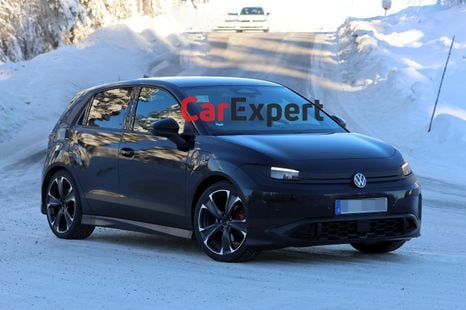

Damion Smy
2026 Volkswagen ID. Polo EV spied along with ID. Polo GTI electric hot hatch
6 Hours Ago
Australia's most populous State sets out policies to become "the Norway of Australia" by driving EV take-up through subsidies and rolling out fast chargers.

Senior Contributor
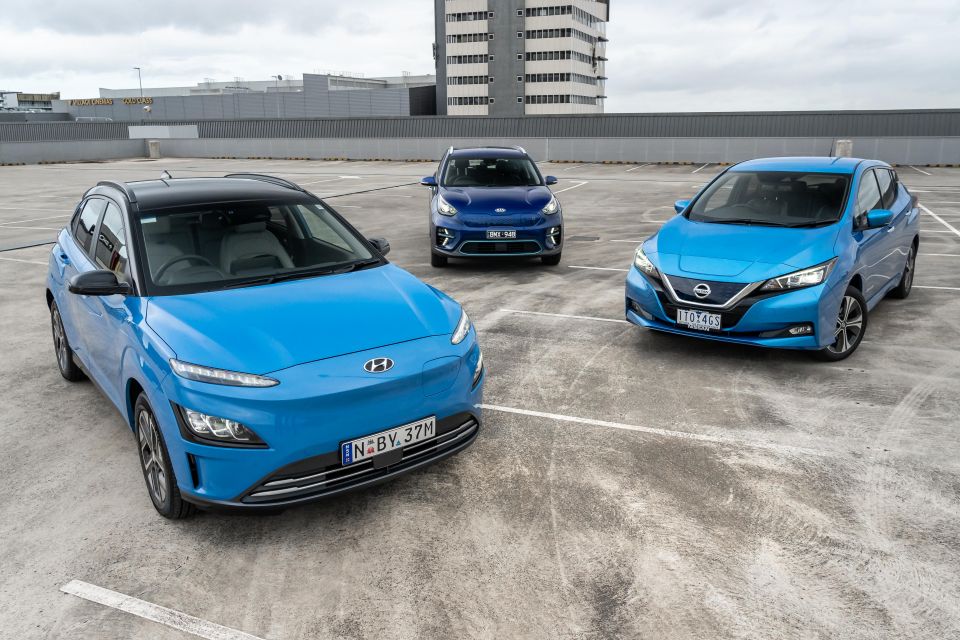

Senior Contributor
The New South Wales (NSW) Liberal State Government has announced an electric vehicle (EV) support package today that looks rather like what we’ve seen across much of Europe, Asia and the US.
The $490 million (from 2021-22 State Budget) NSW policy announcement makes Australia’s most populous state the most supportive jurisdiction for low-emission cars.
It focuses on direct incentives and tax cuts to EV buyers, while also funding charging infrastructure and seeding the second-hand car market by switching the public-servant fleet to EVs.
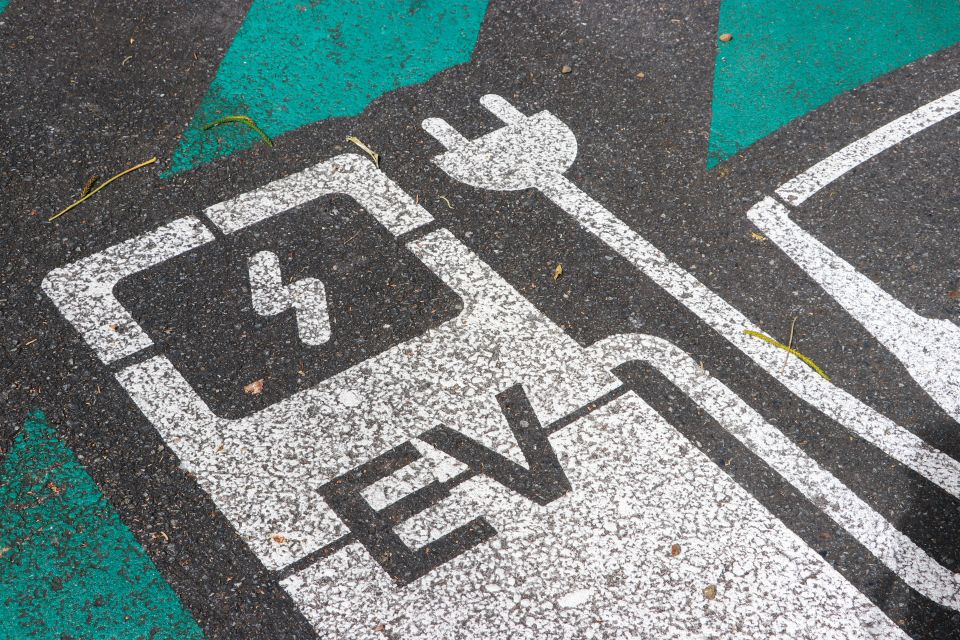
It follows on from a recent NSW announcement of $380 million (2021-22 budget) in funding for electricity infrastructure reform, to bring online 12 gigawatts of renewable energy and two gigawatts of storage by 2030.
Sales of EVs lag in Australia, with market share generally failing to break 1.0 per cent. In most countries where they’ve achieved cut-through, they’ve benefitted from advantageous public policies justified by the reduction in pollution and CO2 they drive.
The NSW strategy includes the following:
Stamp duty will be waived from September 1 2021, for all EV and fuel-cell cars that cost less than $78,000.
At present that list is limited to the Hyundai Ioniq, Nissan Leaf, Renault Kangoo, MG ZS EV, Mini EV, Kia Niro, Hyundai Kona, BMW i3, Mercedes-Benz EQA, and the Tesla Model 3 base variant.
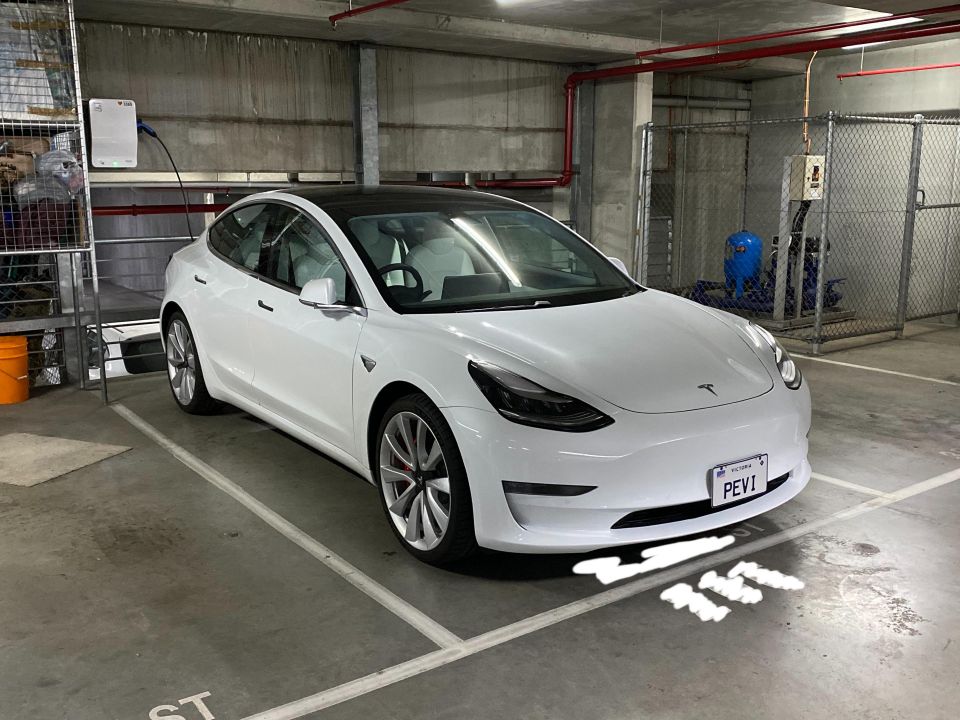
There will also be $3000 rebates paid to private buyers of zero-emission vehicles under $68,750 in NSW, from September 1 2021.
There are 25,000 of these grants on the table. That trims back the list to the Ioniq and Kona, MG ZS, Leaf, Niro, Mini, Kangoo, and Model 3.
But there’s a long list of new models coming. Here’s a linked list of all electric vehicles that are either on sale in Australia, coming soon, or under serious manufacturer consideration for launch.
There will be $171 million spent on charging infrastructure. This includes $131 million for new ultra-fast chargers delivered by the private sector, $20 million in grants for destination chargers to assist regional tourism, and $20 million for charging infrastructure at public transport hubs.
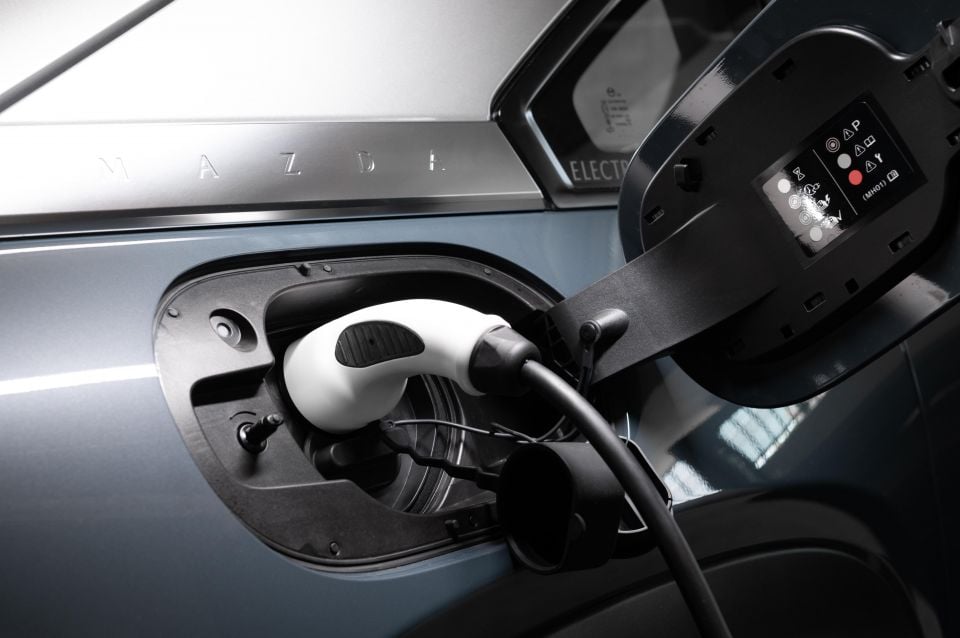
A policy document states a goal of having ultra-fast chargers within 5km of any household without off-street parking, rapid chargers at 100km intervals in major NSW highways, EV commuter corridors with rapid chargers at 5km intervals on major arterial roads, and commuter-car-park destination chargers.
Moreover, $33 million has been allocated to help transition the NSW Government passenger fleet to EVs “where feasible”, with the target of a fully-electric fleet by 2030. These vehicles typically are on-sold after three to five years, providing availability for private buyers in the second hand market, the government added.
“From young adults saving for their first car in Western Sydney to retirees planning a road trip to Broken Hill, these incentives will make electric vehicles accessible and affordable for all NSW residents,” said State Treasurer Dominic Perrottet.
MORE: Q&A with Jane Hunter, Tritium fast-charger company CEO
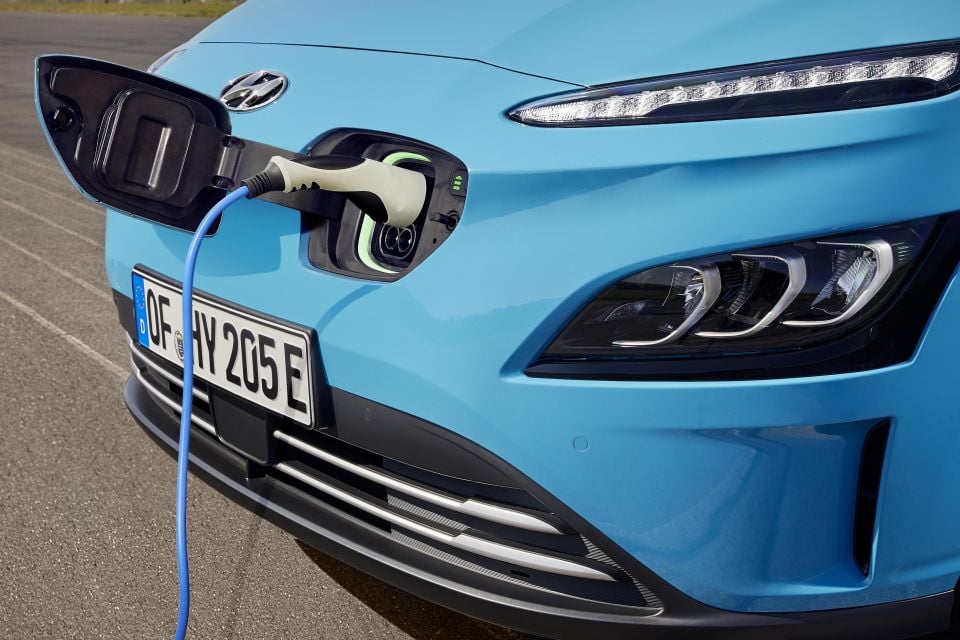
Minister for Transport and Roads Andrew Constance said the EV Strategy will help the NSW Government take action on climate change.
“Our transport sector currently makes up 20 per cent of the state’s emissions, with almost 50 per cent of those coming from passenger vehicles,” Mr Constance said.
“Electric vehicles are not only cheaper to run and quieter on our roads, but they also reduce both carbon emissions and air pollution which results in dramatically improved health outcomes for our communities.
“As the world’s right-hand drive market moves to manufacturing electric vehicles, we have to make sure we have the policies in place to give industry the green light to increase model availability and cut entry price points.
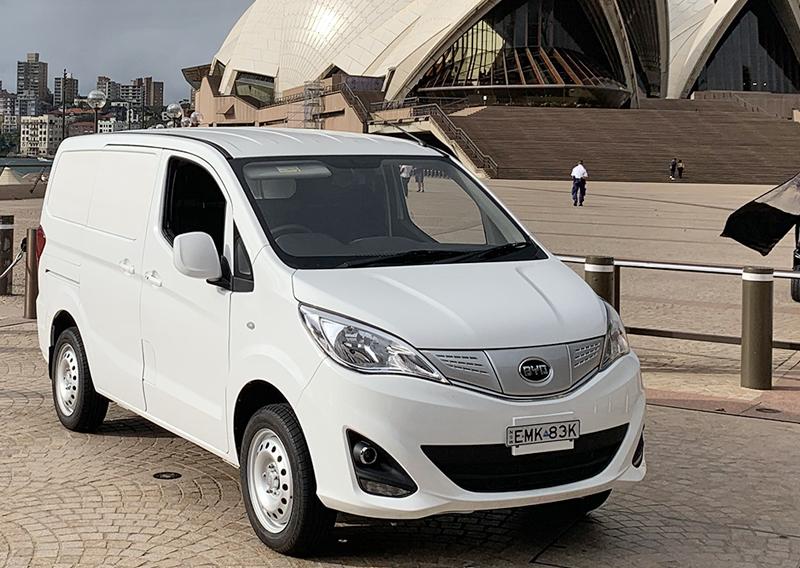
“As the world’s right-hand drive market moves to manufacturing electric vehicles, we have to make sure we have the policies in place to give industry the green light to increase model availability and cut entry price points.
“The average NSW driver will save around $1000 a year in running costs by switching to an EV, and those savings can be up to $7500 a year for businesses, taxis and freight.”
Energy and Environment Minister Matt Kean said the region needed to give drivers more options to make their next car an EV.
“Countries and car makers around the world are moving to EVs and NSW consumers deserve access to the latest vehicle models when they go to buy a car,” Mr Kean said.
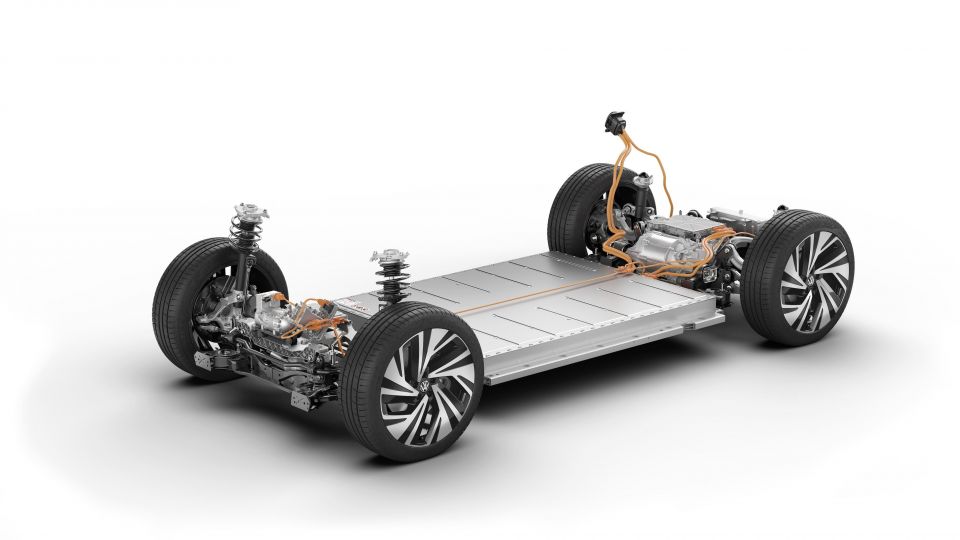
“We also know that, with new cars staying on the road 15 years on average, the vast majority of new cars sold in NSW need to be EVs by 2035 to achieve net zero emissions by 2050.
“Our aim is to increase EV sales to more than 50 per cent of new cars sold in NSW by 2030 and for EVs to be the vast majority of new cars sold in the State by 2035.
“This nation-leading plan will help us achieve these objectives by tackling the three biggest barriers to purchasing an EV – range anxiety, upfront cost, and model availability – and is forecast to see EV new car sales hit 52 per cent by 2030-31.
“We want new and cheaper models of EVs to be available here in NSW and this strategy is designed to drive that outcome.”
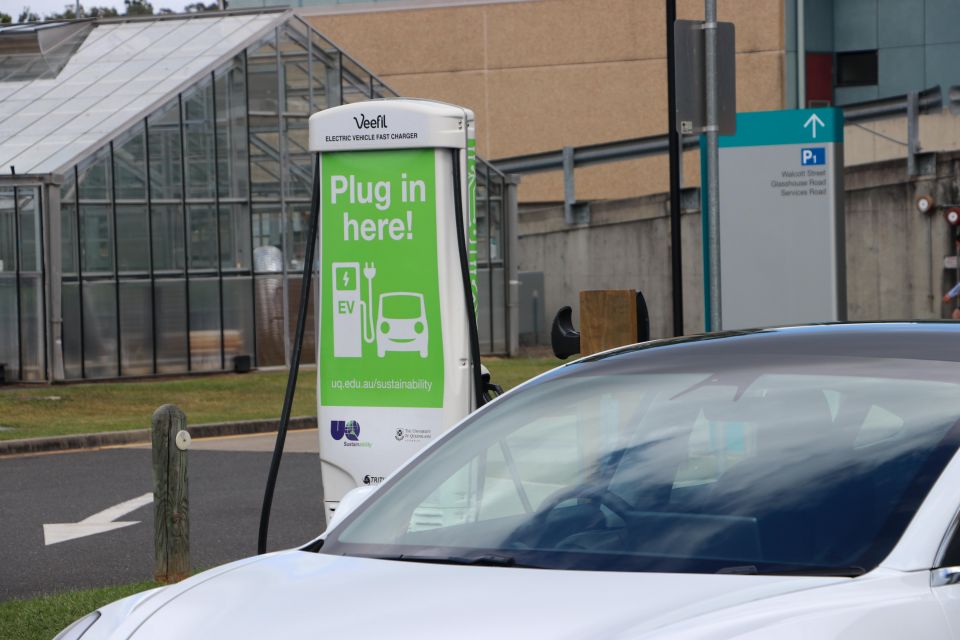
Like Victoria (where it’s legislated), NSW has also announced a road user charge of 2.5 cents per kilometre for EVs or 2c for PHEVs, to make up for the loss of fuel excise contribution. But the integration of this policy has been deferred to 2027, when EVs are expected to make up more than 30 per cent of new car sales.
In essence, it’s simpler to legislate a road-user charge now when EVs are niche, but the industry has long called for any reform to road funding to come once the technology is mature and is closer to internal-combustion-engine price party.
“Our strategy also commences long-term major tax reform. Today we begin the process of permanently phasing out stamp duty on electric vehicles and a deferred transition to a fair and sustainable per-kilometre road user charge for electric vehicles,” said Mr Perrottet.
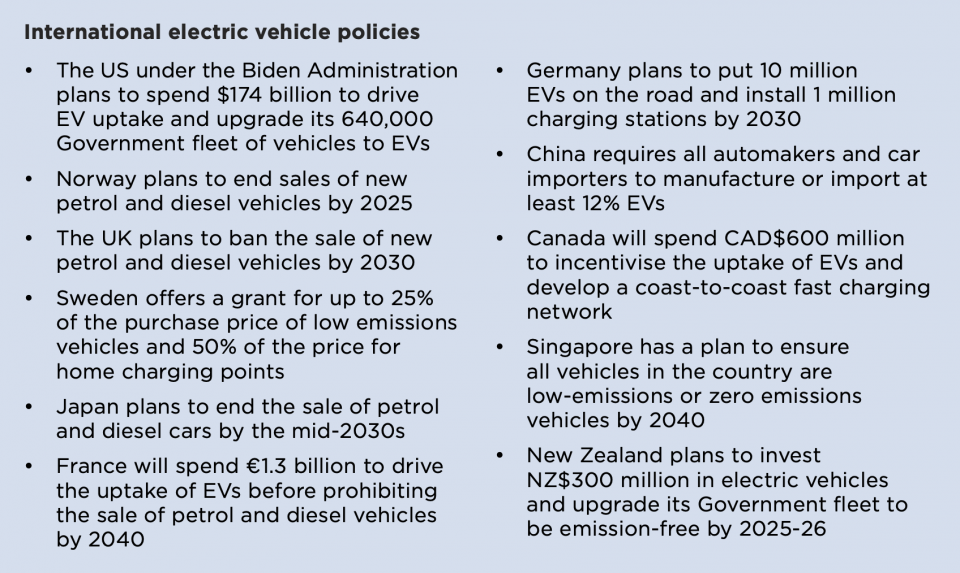
The announcement comes a week after our friends over the ditch in New Zealand announced up to $8625 in Federal EV incentives on sub-$80,000 cars from July, and looks a lot like what we’ve seen governments across much of Europe offer.
US President Biden earlier this year pledged to switching the entire US Federal fleet with American-made electric vehicles.
There’s no marked Australian Federal Government support of this type yet, although the Federal ALP Opposition has announced plans to slash EV prices should it win election, and multiple States and Territories are also rolling out strategies of their own.
While climate change need not be a partisan issue, it’s interesting that NSW is run by a party on the conservative side – the same Liberal party as the Prime Minister and his cabinet.
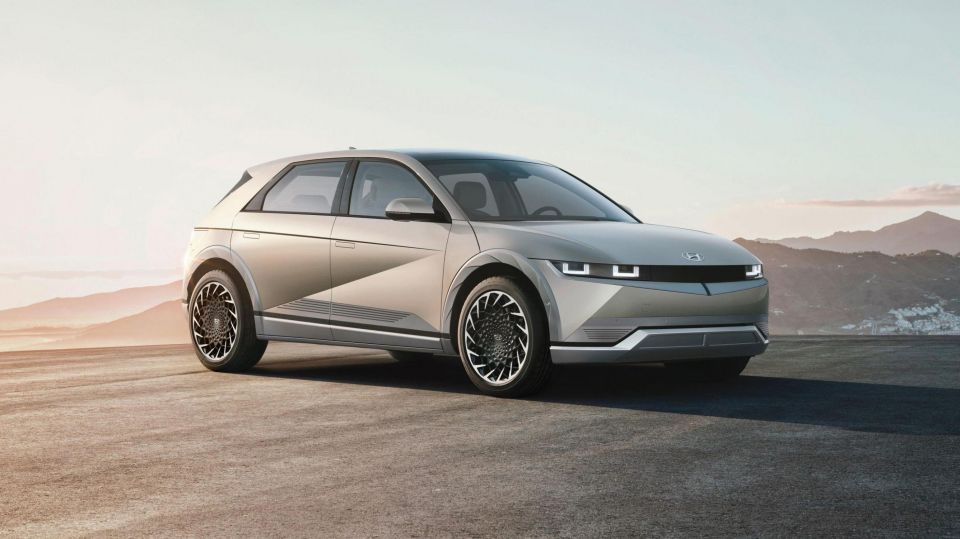
The Australian Capital Territory (ACT) Labor-Green government is rolling out fast chargers, transitioning its public-servant fleet to EVs, exempting EVs from stamp duty, providing free registration, and giving residents and businesses zero-interest loans up to $15,000 to invest in EVs.
Australia’s second most-populous state, Victoria, plans on taking with one hand and giving with another. Its Labor government has legislated a mileage tax on EVs but also announced a $3000 purchase subsidy and pledged to buy 400 EVs for its fleet by 2023.
The lack of federal CO2 targets and purchase subsidies or tax cuts here (compared to policies offered in many countries keen to slash their CO2 emissions) have created an infertile environment for growth, says the car industry.
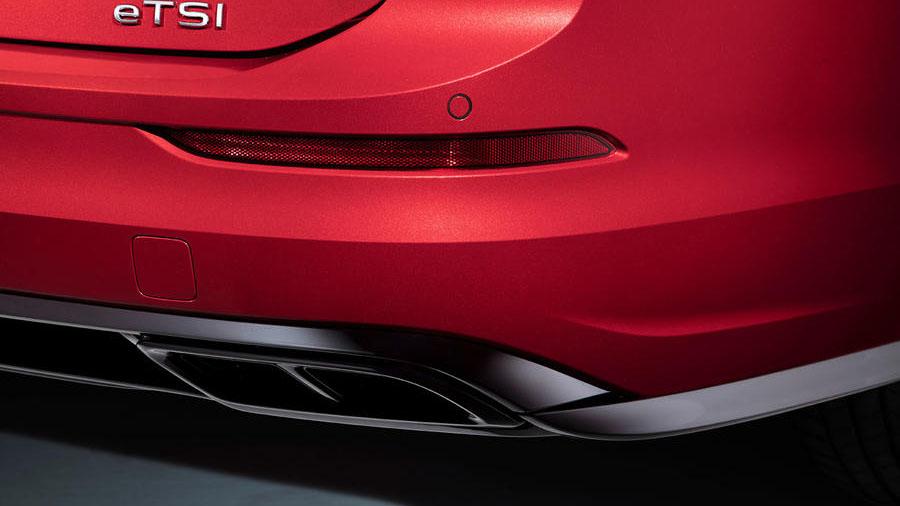
As a result of this, numerous car manufacturers have been unable to secure supplies of EVs, with factory allocations being sent elsewhere. A perfect example is Volkswagen, which is unable to get the ID.3 and ID.4 until 2023/4.
Carmakers have even introduced their own voluntary CO2 emission-reduction roadmap under the FCAI peak body, in lieu of government action, though this is really more about messaging than impact in this writer’s opinion.
Despite all this, the range of EVs is growing. Here’s a linked list of all electric vehicles that are either on sale in Australia, coming soon, or under serious manufacturer consideration for launch.
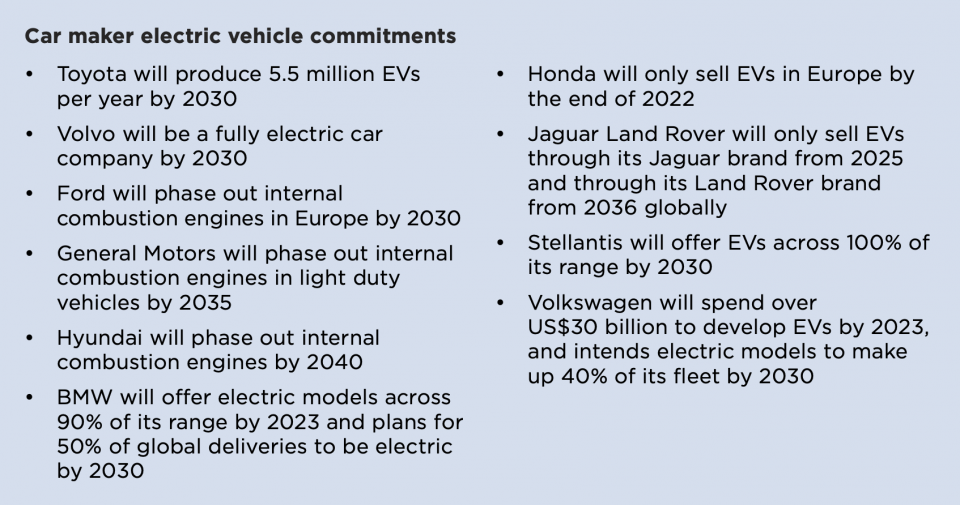
Various car manufacturers came out strongly in support of the NSW government’s announcement today, as you might expect, since it’ll stoke demand and make it easier for them to source factory supply.
Hyundai Australia COO John Kett said the strategy went “a long way” to making NSW the easiest State in Australia to buy and own an EV.
“New South Wales as now setting the pace for the rest of Australia,” he said.
“Significant investment in the charging network, in both urban and regional areas, is a welcome initiative. Highly developed infrastructure provides confidence to customers and removes uncertainty around being able to charge EVs away from home.
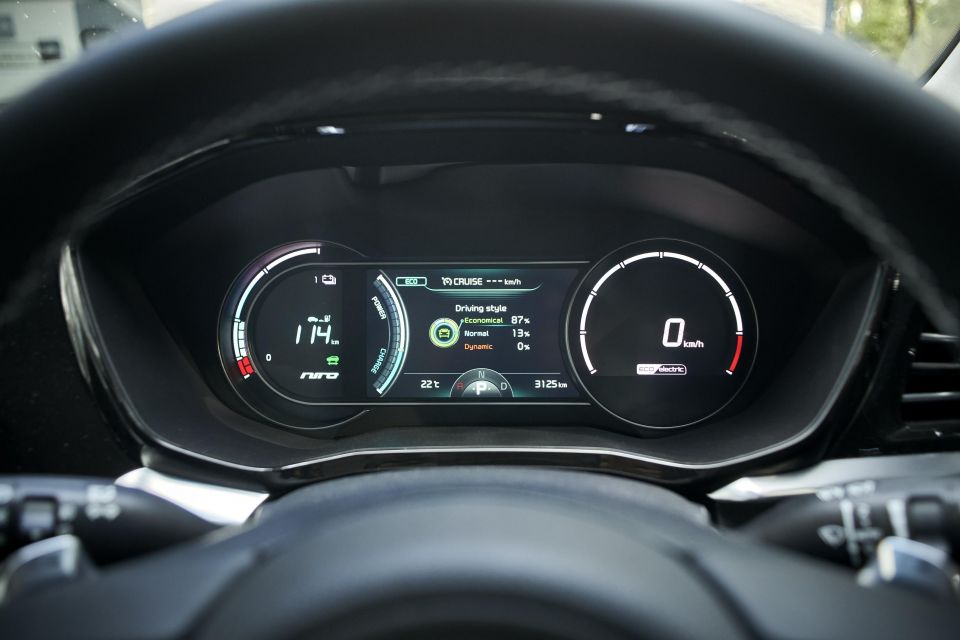
“Providing stimulus for improving low EV adoption rates in Australia, by offering tax relief and purchase incentives for customers, is another encouraging step. We’ve seen government incentives stimulate adoption rates in advanced markets overseas and the NSW EV Strategy is at world best-practice levels in that regard.
“We also acknowledge the New South Wales Government’s own commitment to convert its fleet to fully electric by 2030, with an interim target of 50 per cent by 2026. We look forward to being a key partner in that transition as we continue to expand the range of Hyundai EVs available to all Australians in the future.”
Hyundai Australia CEO Jun Heo called it “a world-class progamme – ambitious, broad-ranging and a significant step forward in the development of zero-emissions transport for New South Wales and for Australia”.
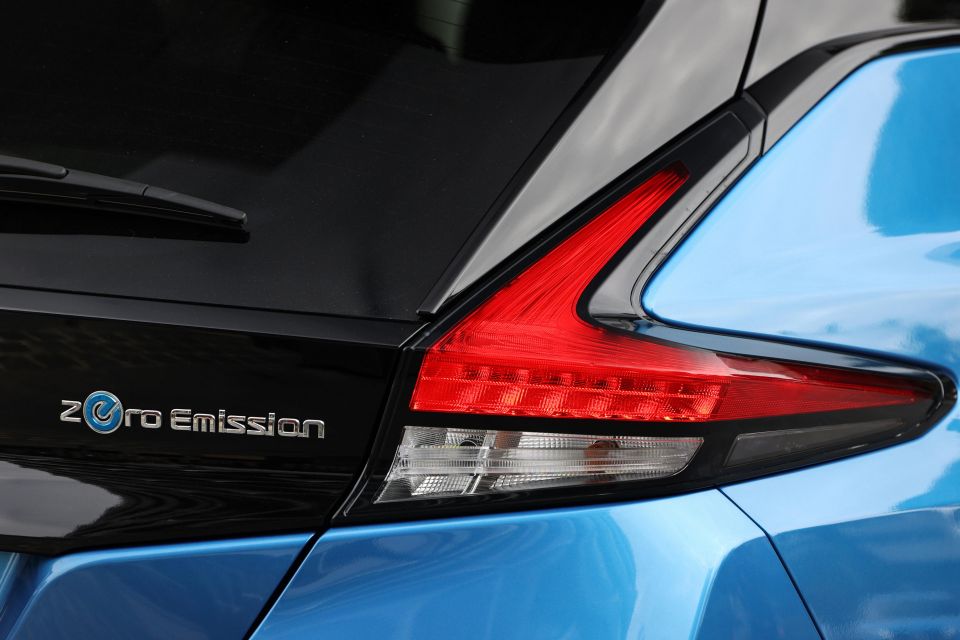
Nissan Australia managing director Stephen Lester also called the strategy “extremely encouraging”.
“These decisive actions are good for consumers, good for the market and ultimately good for the State’s own legislated net zero targets,” Mr Lester added.
“These types of polices not only accelerate the EV transition right now, but also put Australia in a stronger place for priority adoption of new vehicle technologies, sooner.
“Additionally, with the announced transition targets for its own fleet, the NSW market will see greater EV uptake because of Government purchases, but also will ultimately benefit customers by providing a vibrant second hand EV market in the years to come.
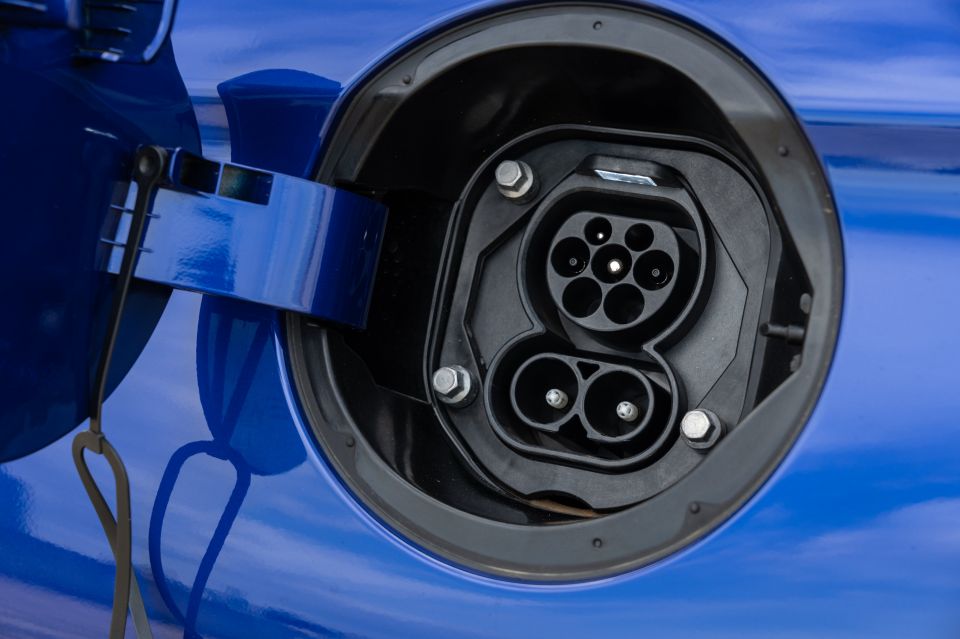
“The announcement of upcoming EV related taxation reform provides consumers the right balance between EV adoption today, and surety about the future regulatory environment.”
Volkswagen Australia Group called the policies a “model to drive Australia out of the automotive third world”.
The Group’s managing director, Michael Bartsch, said Mr Kean’s “logical and progressive initiatives will, as he says, make NSW the ‘easiest place to buy and drive an EV in Australia’”.
“The Berejiklian Government has shown its federal colleagues and its counterpart in Victoria the way to bring about mass ownership of affordable Electric Vehicles,” Mr Bartsch said. “In terms of his targets for private ownership and fleet take up of EVs, there is no faulting Mr Kean’s ambition.”
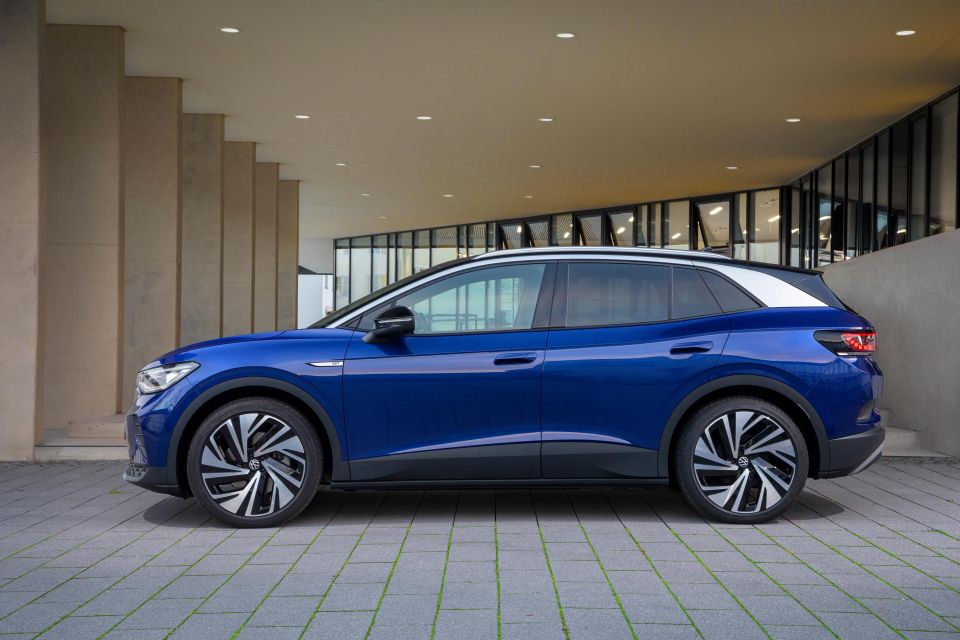
But Mr Bartsch said significant barriers remained before Australia “could emulate European countries”, where the demand for zero and low emission vehicles begins to exceed supply.
“While the Victorian Government’s vision of progress is to tax EVs while they are less than one per cent of new vehicles sales, it is the lack of national commitment to a CO2 target that has most impeded the case for EV prioritisation,” Mr Bartsch said.
“Europe’s mandatory carbon targets, enforced by severe penalties, will ensure that those markets continue to the first in line for zero emission vehicles.’
MG Motor welcomed the NSW Government’s announcement, stating: “Already the most affordable electric vehicle in Australia, the MG ZS EV could now cost as little as $39,670 to eligible NSW residents after the state government rebates are introduced from September 1”.
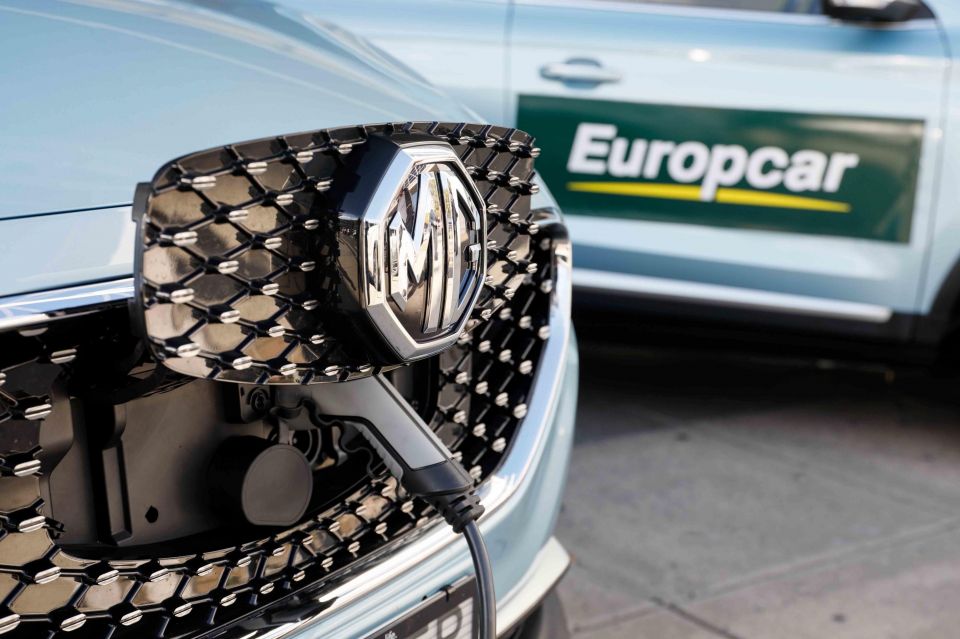
“This is a vital and welcome initiative from the NSW Government to support the continued roll-out of electric vehicles,” added MG Motor Australia and New Zealand CEO, Peter Ciao.
Behyad Jafari, who runs Australia’s Electric Vehicle Council, took a dig at Victoria’s road user charge, while praising the NSW policy.
“The NSW Government is today announcing it will spend $490m to accelerate EV uptake – the best policy in Australia and measuring up to global standards,” he said.
“The State has taken a sensible, consultative view to road user charges. Starting in 2027 or when EVs make up 30 per cent of sales and replacing stamp duty for all EVs & PHEVs. This is how grown ups do reform.”


Damion Smy
6 Hours Ago
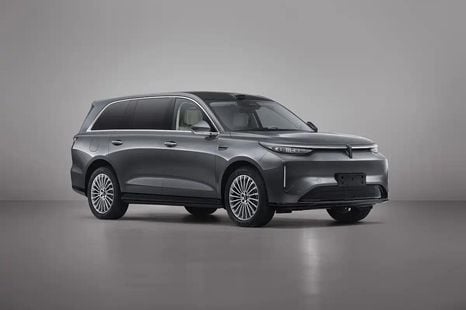

William Stopford
7 Hours Ago
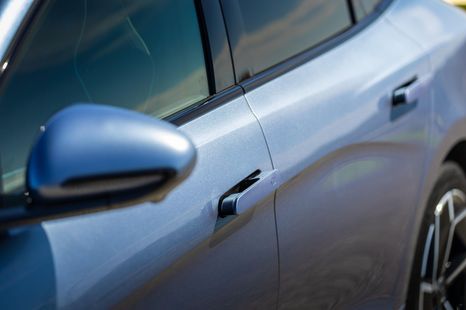

Damion Smy
10 Hours Ago
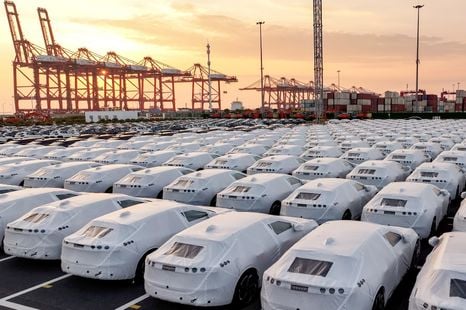

Ben Zachariah
11 Hours Ago
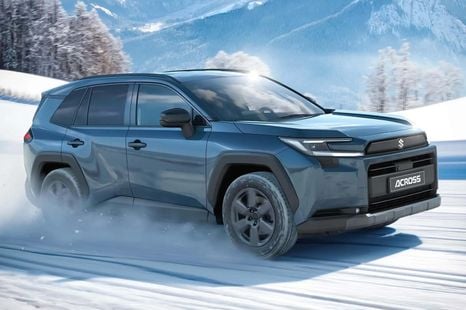

Damion Smy
11 Hours Ago
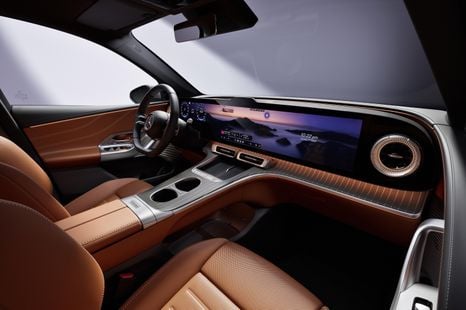

William Stopford
12 Hours Ago
Add CarExpert as a Preferred Source on Google so your search results prioritise writing by actual experts, not AI.